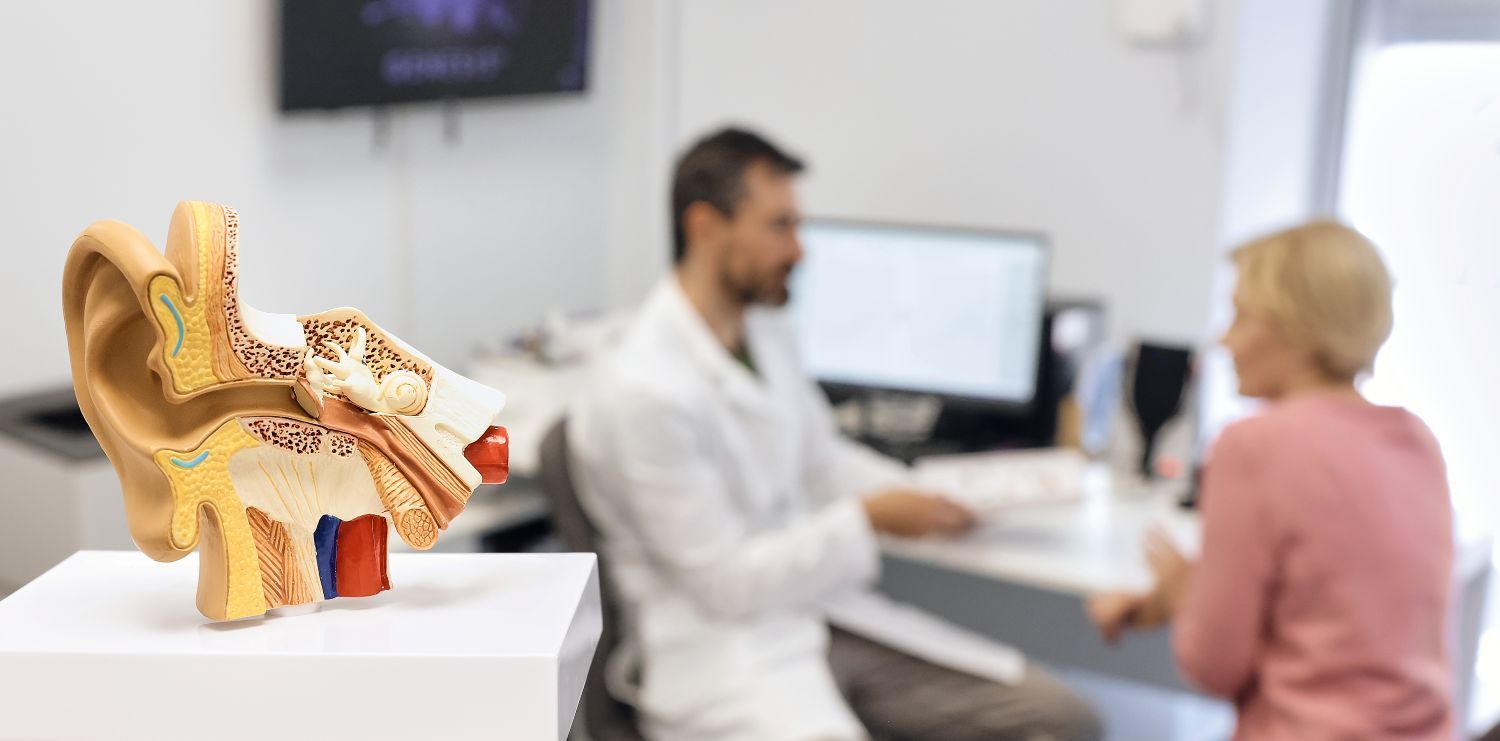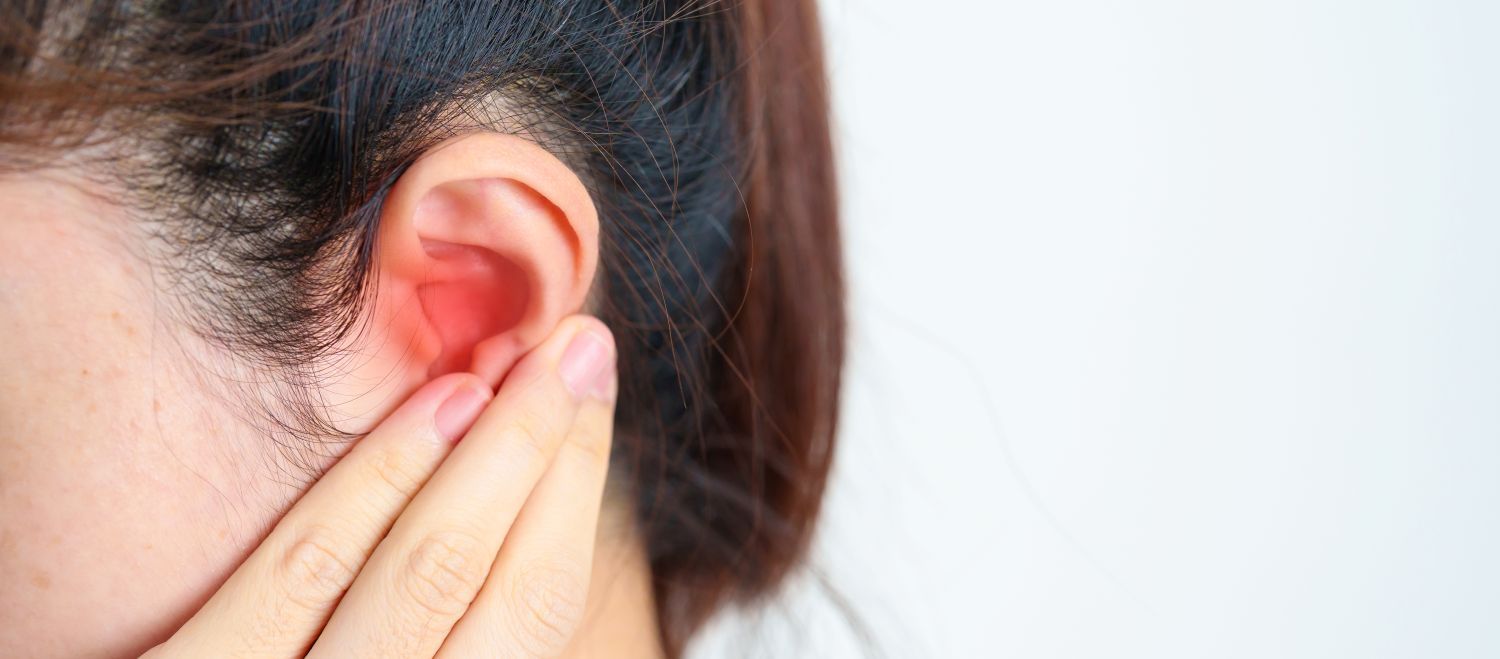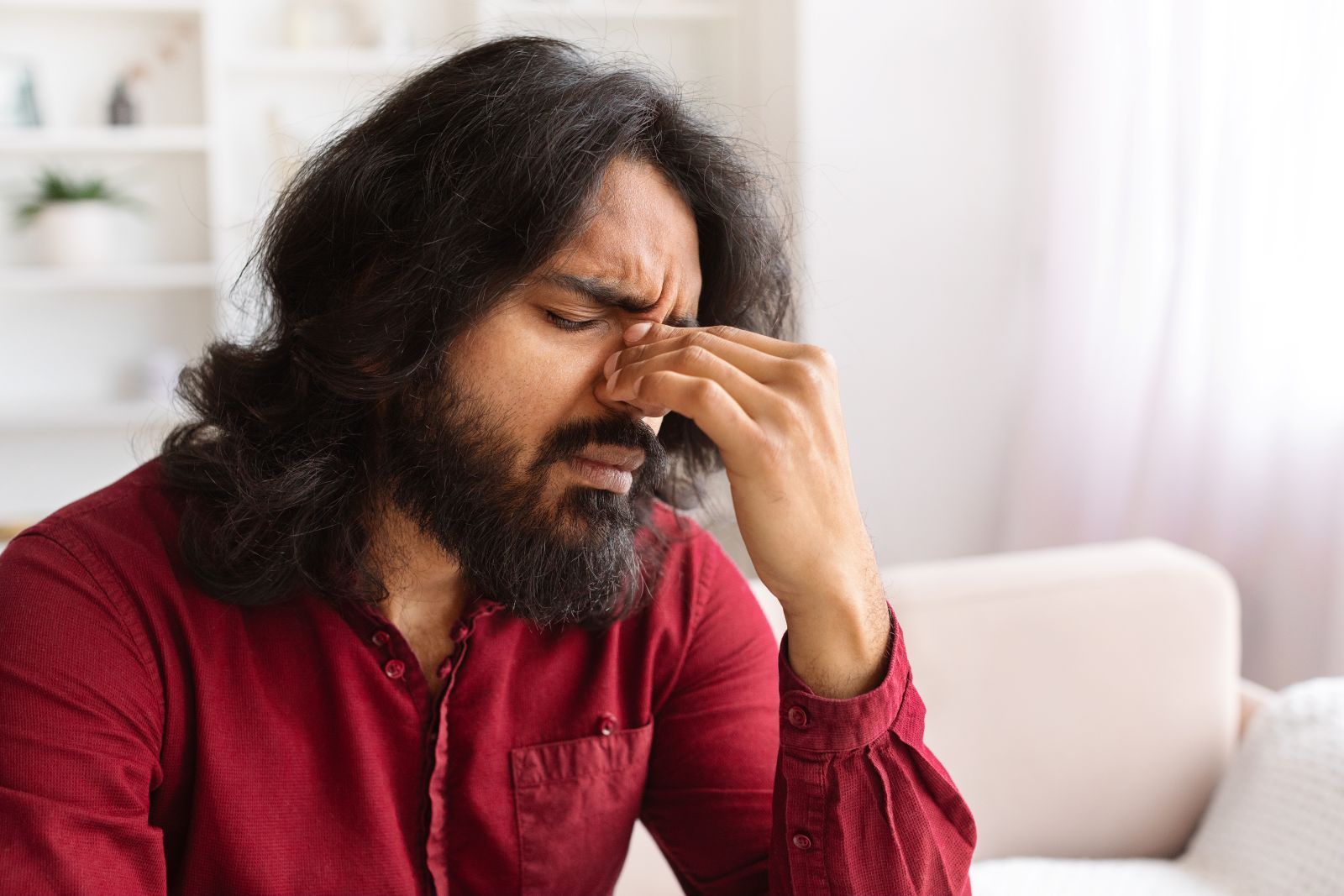How to Prevent Sinus Infections during the Winter
As winter settles in, many of us eagerly anticipate the joys of the season—cozy sweaters, warm beverages, and perhaps even a blanket of snow. However, along with the winter wonders come certain health challenges, particularly the increased risk of sinus infections. The dry and cold air and indoor heating can create an environment conducive to sinus issues. The good news? There are some things you can do to avoid sinusitis and stay healthy.
Continue reading, as we've compiled a comprehensive guide with practical tips to help you safeguard your sinuses during the winter.
Hydration Is Key
Cold air tends to be dry, and indoor heating systems further contribute to this dryness. Proper hydration helps maintain the mucous membranes in your nasal passages, reducing the risk of infection. Aim for at least eight glasses of water daily, and consider using a humidifier in your home to add moisture to the air.
Nasal Irrigation
Regular nasal irrigation is a proven method to keep your sinuses healthy. A saline solution, a neti pot, or a saline nasal spray can help flush out irritants. This practice not only helps prevent infections but also improves breathing. Ensure you use distilled or previously-boiled water for nasal irrigation to avoid introducing harmful bacteria.
Maintain a Clean Environment
During the winter, we tend to spend more time indoors, making it crucial to maintain a clean living environment. Regularly clean and dust your home, focusing on areas prone to mold and allergens. Pay special attention to bedrooms and ensure you regularly wash the bedding. A clean living space reduces the chances of exposure to allergens and irritants that could trigger sinus issues.
Invest in HEPA Filters
High-efficiency particulate air (HEPA) filters can theoretically remove at least 99.97% of dust, pollen, mold, bacteria, and any airborne particles with a size of 0.3 microns (µm). An air purifier with a HEPA filter can lessen your exposure to pollen at home and lower your risk of developing allergic sinusitis and secondary bacterial infections linked to allergies.
Bundle Up and Protect Your Head
Cold temperatures can constrict blood vessels in your sinuses, making you more susceptible to infections. Ensure you bundle up properly when venturing outdoors, especially during frigid weather. Wearing a hat or earmuffs can help keep your head warm and prevent the constriction of blood vessels, reducing the risk of sinus-related problems.
Adequate Vitamin Intake
Maintaining a balanced diet rich in vitamins and minerals is essential for overall health, including sinus health. Vitamin C, in particular, boosts the immune system and helps the body fight off infections. Incorporate citrus fruits, leafy greens, and other vitamin-rich foods into your diet. Additionally, consider taking vitamin supplements if your diet lacks certain nutrients.
Regular Exercise
Engaging in regular physical activity not only supports overall health but also aids in sinus health. Exercise helps improve blood circulation and promotes efficient mucus drainage from the sinuses. Aim for at least 30 minutes of moderate exercise most days of the week, whether it's a brisk walk, a workout at the gym, or a home-based routine.
For personalized guidance on maintaining optimal sinus health this winter, consult the ENT Medical and Surgical Group experts. Our professionals specialize in ear, nose, and throat care, offering comprehensive solutions for sinus issues and allergies. Schedule a consultation today and ensure a season of wellness for your sinuses.













